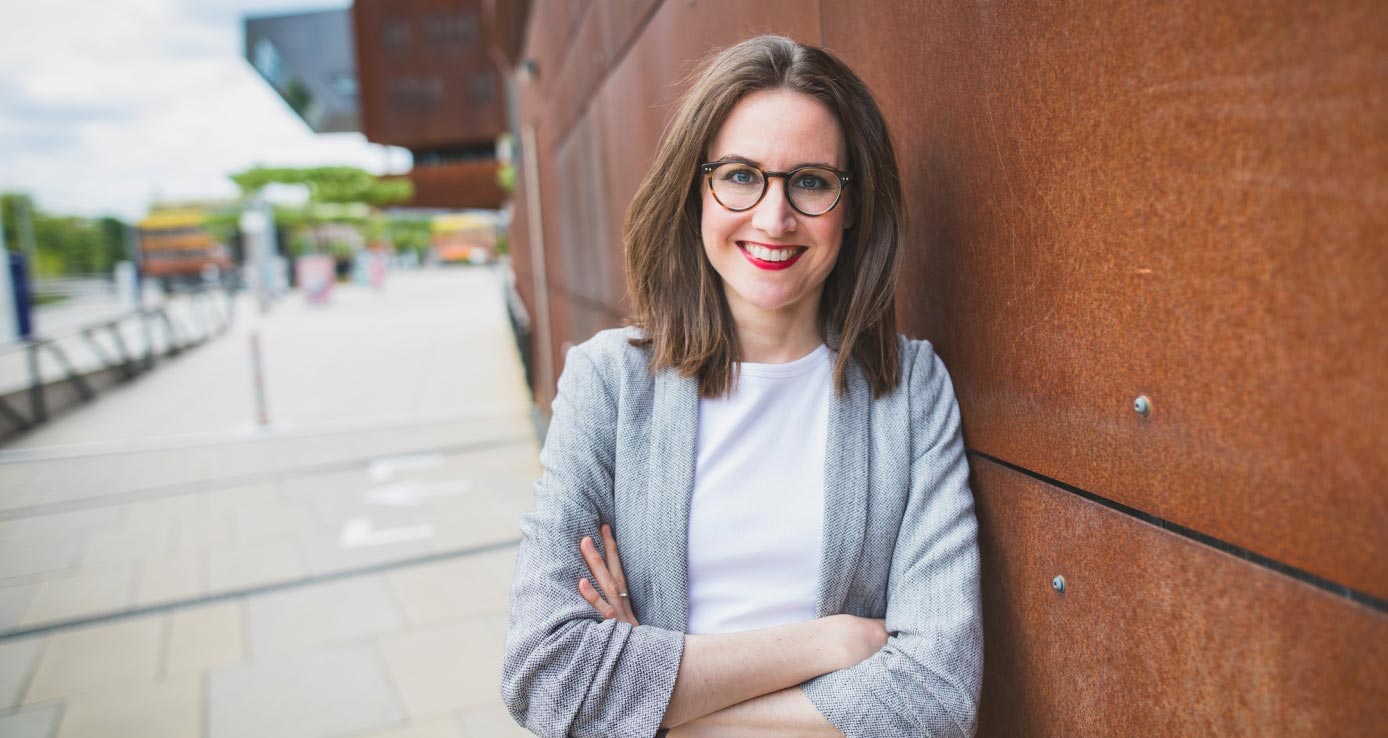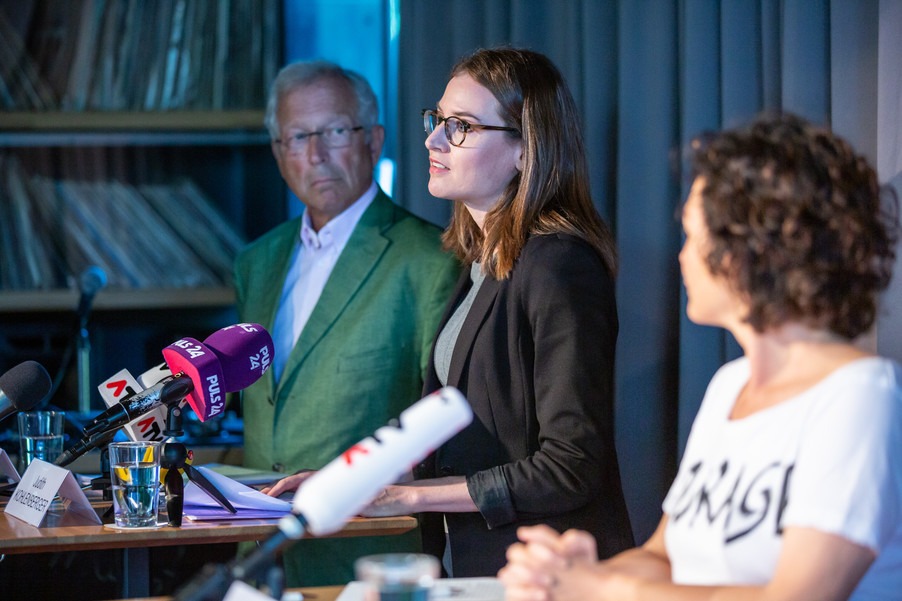Finding ears to listen beyond the boundaries of research
Dr Judith Kohlenberger talks about her experience with Open Science

Three key learnings:
- Open Data offers citation benefits because the number of cooperation requests grows.
- Open Data saves time in the long run.
- Science communication brings inspiration for one’s own research.
What are your positive experiences in the context of Open Science?
JK: I publish my research data in Austria Social Science Data Archive, so that other sientists can re-use and, especially, cite them. This increases my visibility and I get more requests for cooperation in new projects, for joint calls or publications. In addition, I save lots of time. I can send the link to AUSDDA to anyone who has read the study and expresses an interest to work with the data themselves. One link instead of phoning for hours while I explain the methodology, dataset, licences or access options in detail. The transparency of research data is also very important to me.
Why does transparency play such an important role for you?
JK: Transparency is important in order to promote and establish the field of “refugee research”. We want to show the impact of research findings, even though we do not precisely know the basic population of our target group, i.e. the number of all refugees living in Austria, and representative studies are difficult to carry out. We have looked at the access to public health services and the psychosocial health of 515 Syrian, Iraqi and Afghan persons entitled to asylum or subsidiary protection who are living in Austria. The topic is interesting not only to scientists of many disciplines, but also to politics. Therefore it must be made unmistakably clear what the dataset can do and what it can’t do.
You are very active in science communication. For instance you are always among the Top 30 in the Twitter rankings of economists, write regular columns for newspapers, give interviews on TV or presentations and participate in panel debates. What are the advantages you have gained from being so strongly involved in science communication?
JK: First of all I am engaged in refugee and migration research with all my heart and soul. Refugees and migration are widely discussed in public, often very emotionally and without expert knowledge. And often plain untruths are disseminated.
I can’t just idly watch this. I want to actively contribute to making the discourse more objective. I care about countering myths and prejudices and showing a more diverse picture. Such myths are very widespread in refugee research, because it deals with newcomers, that is people about whom we know very little. The less we know about a thing, the more we wrap it up in myths and that is why it is important to create facts. I deliberately say “create” because facts, too, are made.
And secondly I notice that decision makers haven’t put their focus on this field of research yet. Therefore I aim to establish the field of refugee research and to bring it into the mindset of politics and society. I want our research to have an impact that goes beyond the researchers’ community. My motivation is to see my research findings being transformed into policy making. That is when I feel that my scientific work is meaningful.
Do you also see positive effects from science communication on your personal career?
JK: Yes, of course. First of all I have acquired communication skills over the years which are very useful in other contexts, too. But what matters to me is that by communicating my research findings I gain the attention of other scientists outside of social research and I receive numerous requests for cooperation. At events where I give presentations or join discussions I get much input that inspires further research questions. The exchange with politics and practice in the field of refugees und migration often leads to cooperation requests which enrich my research.

The interview was conducted on October 21, 2020.
About Dr Judith Kohlenberger
Dr Judith Kohlenberger works as a research assistant at the Institute for Social Policy of Vienna University of Economics and Business. Her research interests include Human capital, education and (access to) health of refugees. Among other things, Judith Kohlenberger participates in the
Study on the autumn of 2015 refugees, possibly the first such study in Europe, which was awarded the Kurt-Rothschild-Prize in 2019. She teaches at WU Vienna and FH Vienna, is a member of the
FALTER Think Tank and of the expert council on migration. She is also active in several supervisory and advisory boards, among them “migrant und frida Asyl- und Fremdenrechtsberatung”. On Twitter she tries to contribute to an evidence-based societal discourse with background analyses and insights into empirical migration research.
Contact:
https://www.wu.ac.at/sozialpolitik/team/sozialpolitik/judith-kohlenberger/
Twitter: @J_Kohlenberger
